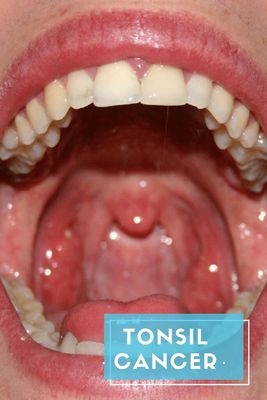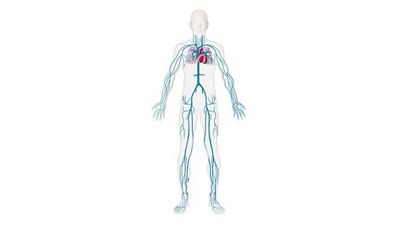
Intersex is a general term that describes a range of conditions, from conditions that result from genetic abnormalities such as Down syndrome, or conditions that result from the presence of an extra X chromosome. Other conditions that fall under this category include androgens (male hormones) or estrogens (female hormones), androgenic hypogonadism, mosaic inheritance, and polycystic ovary disease.
Many intersex people are born with multiple variations in sex characteristics, including chromosomes, sex hormones, and genitals. Some may also have been born with only one X chromosome, rather than both X and Y chromosomes.
Some intersex people have one X chromosome, others have two X chromosomes. Some intersex people may have no visible genitals at all, while other intersex people may have a penis and a vagina, and some may have both. Some intersex patients may also be born with a deformed vagina or uterus, as well as a deformed reproductive system and therefore have a vagina and cervix that does not develop or function properly.
In recent years, intersex patients have increasingly talked about their experiences and the difficulties they face in coping with the dysphoria they are experiencing. Some of these patients may have been able to get a correct diagnosis and thus narrow down their treatment options, but they were unhappy with the results. You can find out one of the treatment options on the website goldensoft.co.th
If you think you may be intersex, the first step in treating intersex conditions is to see your doctor and get a diagnosis. Intersexual conditions can be very difficult to treat, and it is important to speak with your doctor to determine if your symptoms are consistent with other conditions or simply the effects of a certain hormonal imbalance. Your doctor can help determine the right course of treatment, and if he determines that your condition is truly intersex, you can start with a treatment plan tailored for your specific situation.
Sex hormones are the cause of most intersex conditions because they alter the body’s production of testosterone, which affects genital development and the sex characteristics of men and women. To relieve symptoms associated with intersex sex, some patients receive hormone therapy and other patients undergo surgery.
Surgical procedures to correct intersexuality often involve the removal of a portion of the genitals to increase the chances that a patient’s body will develop a normal, symmetrical penis, such as the vagina and cervix. In addition, some intersex patients with hypospadias or adhesions may need surgery to correct the position of their organs. There are also times when a patient with hypospadias needs to have the penis and testicles removed to ensure normal and symmetrical functioning.
There are many medical clinics across the United States that offer intersex procedures. Although some clinics only specialize in treating these conditions, there are clinics in every city that offer treatment, regardless of whether they specialize in treating intersex. If your condition is still not treated, you can find clinics near you, as they are often advertised on television or in newspapers and magazines. Before undergoing any treatment, it is important to do research and to talk with your doctor about treatment options.

You will likely need to undergo several medical tests, including X-rays to confirm the diagnosis of your intersex condition. It is important to seek medical advice from a specialist, as intersex conditions can have a variety of different causes, and treating these conditions is different than treating other conditions. If you do not feel that your treatment needs to be completed by a qualified medical professional, you can request that your primary care physician to provide you with a referral.
Depending on the condition you suffer from, you may choose one of two options. Some patients may want to seek a more traditional type of treatment option, while others may desire to use a more experimental type of treatment option. It is up to you to decide which option is right for you. If you choose an experimental option, you will likely need to have more than one procedure performed in order to correct your condition, but this type of treatment method is less invasive than most surgical treatments.
In general, the most appropriate treatment for each individual patient is determined by the cause of their intersex. Some people, for example, suffer from hypospadias and wish to have their testicles removed, while others may wish to treat their genitals with hormone therapy. A hypospadias patient may be able to treat their condition using various types of surgery, but this may not be an appropriate treatment option for someone with a different condition, such as polycystic ovary syndrome. If you are uncertain about your current medical history or medical condition, you can also ask a specialist about hormone therapy options, or ask your primary care physician about treatment options.